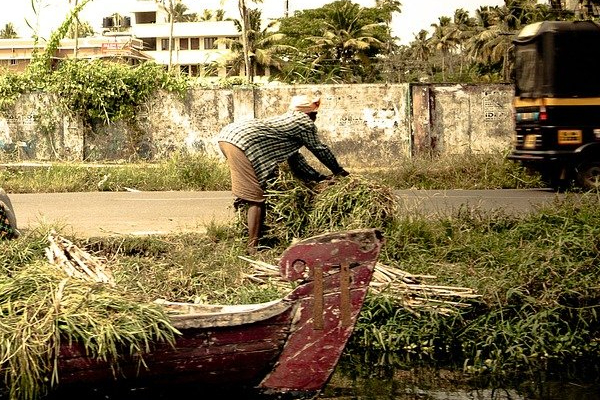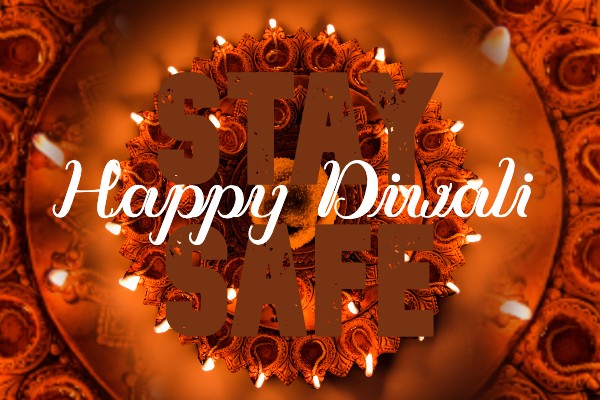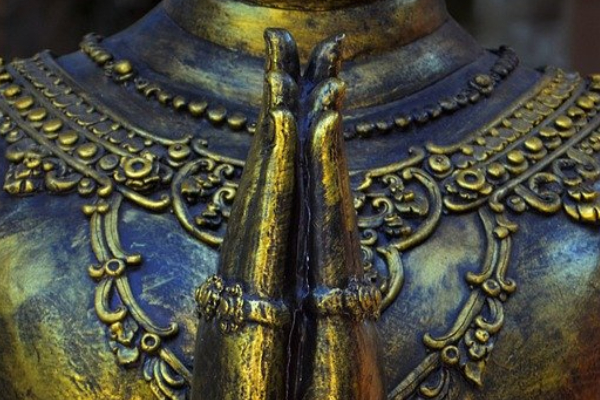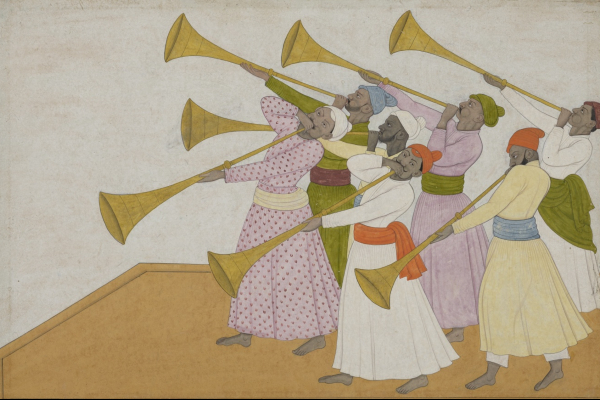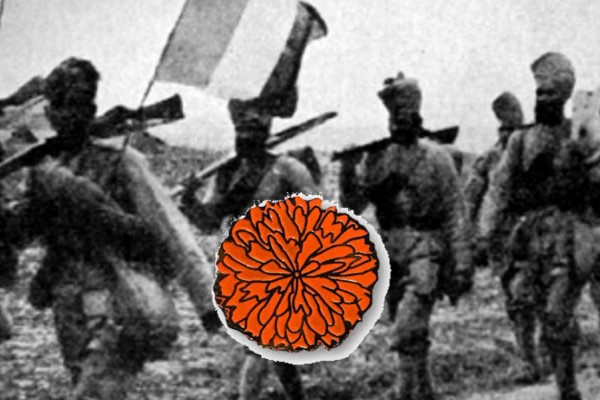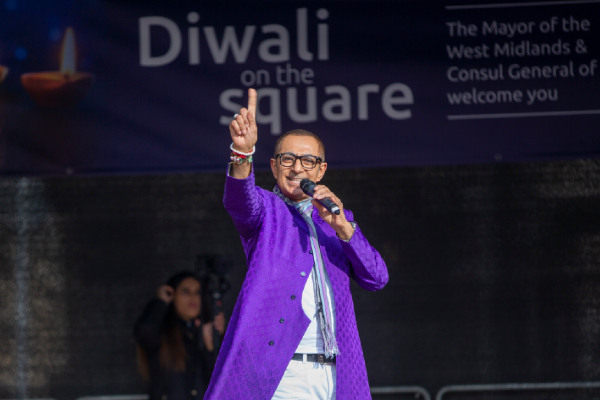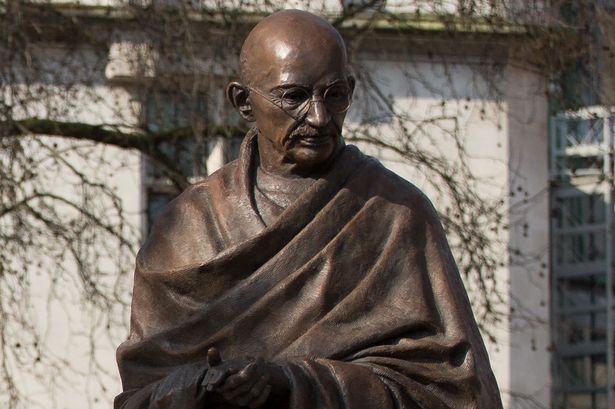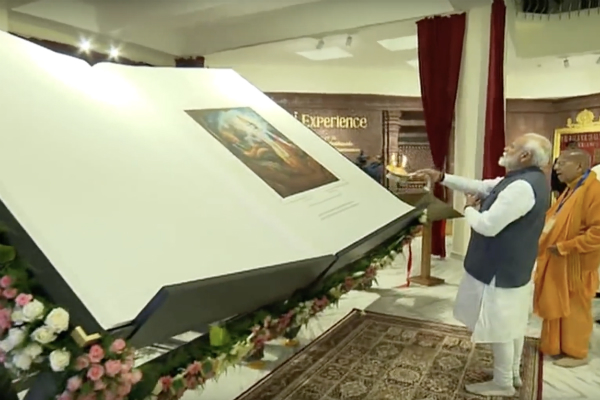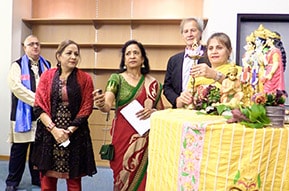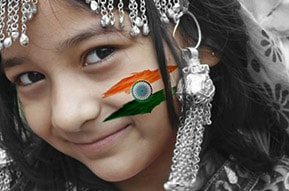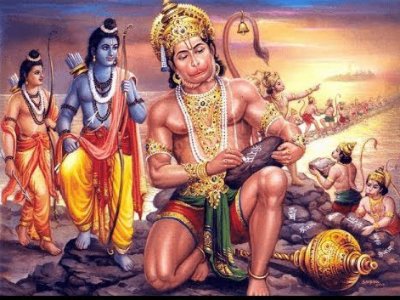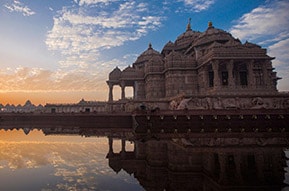Raksha Bandhan - An Overview
Raksha Bandhan: An Overview
Raksha Bandhan is derived from two words: "Raksha" meaning protection and "Bandhan" denoting a bond. In Sanskrit, this translates to "a bond of protection." The festival serves as a representation of the enduring bond shared between siblings, not limited solely to biological connections. More than just a celebration of sibling relationships, the Rakhi thread, tied during the festival, symbolizes a deep mutual respect and bond. It's now widely celebrated among those who have a strong bond of friendship, going beyond blood relations.
History of Raksha Bandhan
Historically, several tales and legends surround Raksha Bandhan:
- The Bhavishya Purana recounts a tale of the gods and demons battling for 12 years. Post the initial conflict, Indrani tied a raksha around Indra before the subsequent battle, highlighting its significance.
- Another tale mentions Shri Narayan's promise to protect King Bali. Lakshmiji, concerned about Shri Narayan's prolonged stay in Bali's kingdom, tied a raksha on King Bali, marking the beginning of the Raksha Bandhan tradition.
- In the epic Mahabharata, Draupadi tied a rakhi to Lord Krishna, while Kunti did the same for her grandson, Abhimanyu.
- An anecdote from history suggests that during Alexander the Great's invasion of India in 326 BCE, Roxana, his wife, sent a protective thread to King Porus. In respect, Porus refrained from harming Alexander in the ensuing battle.
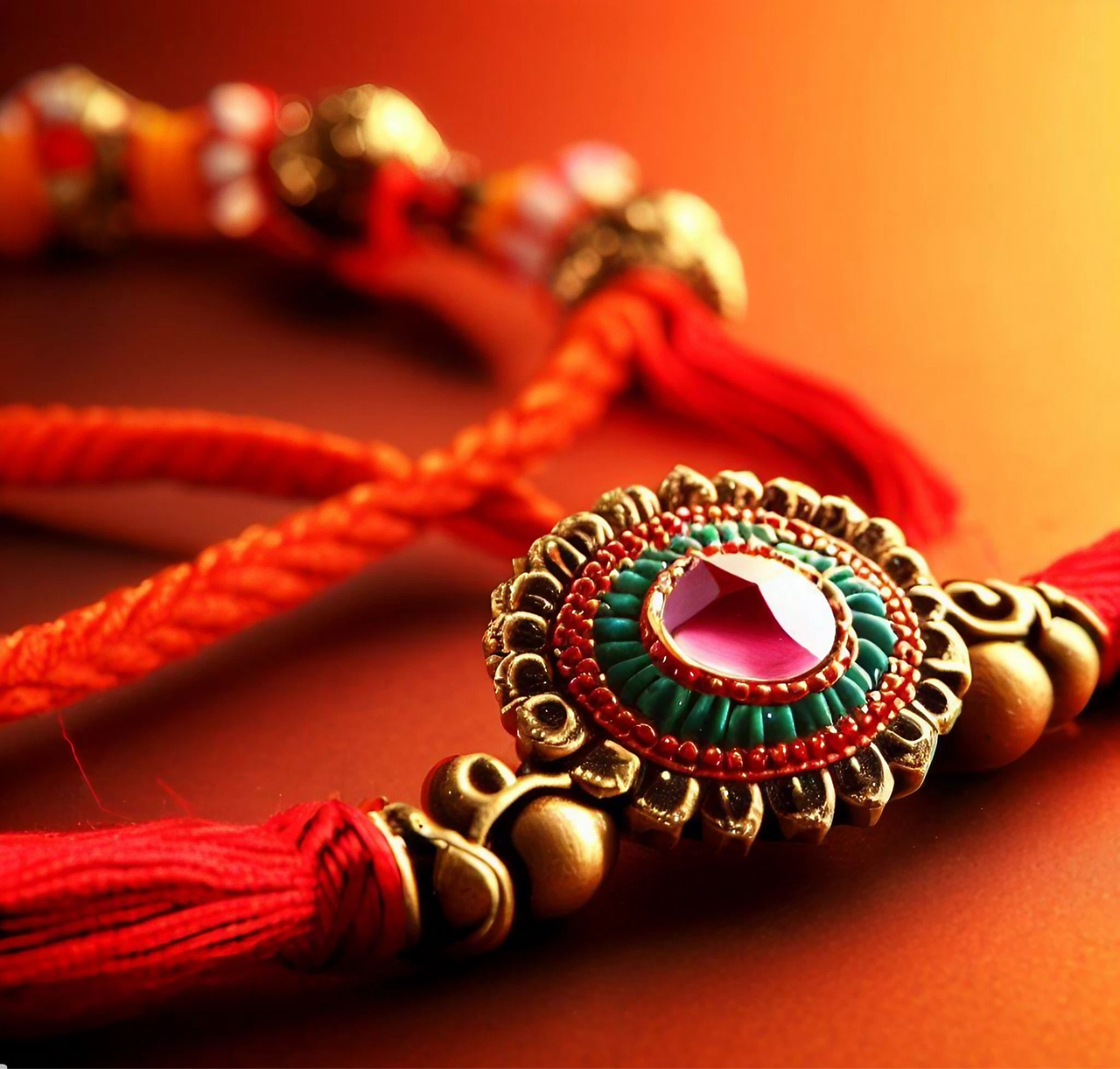
Significance of the Festival
Raksha Bandhan symbolizes the mutual respect and duties shared between siblings, irrespective of biological relation. Celebrated on the full moon day of Shravana, the 5th month in the Hindu lunar calendar, sisters tie a Rakhi on their brothers' wrists, wishing them prosperity and longevity. Brothers, in return, pledge their lifelong support. Such ties can also be observed between individuals who share a deep bond of mutual respect.
Traditions of Raksha Bandhan
The tradition often starts with sisters selecting a rakhi, reflecting their consideration for their brother's personality. The celebration involves sisters performing arati, praying for their brother's well-being, and applying tilak on his forehead. After tying the rakhi, she offers him sweets, and the brother reciprocates with gifts. While centered on siblings, the celebration often includes extended family.
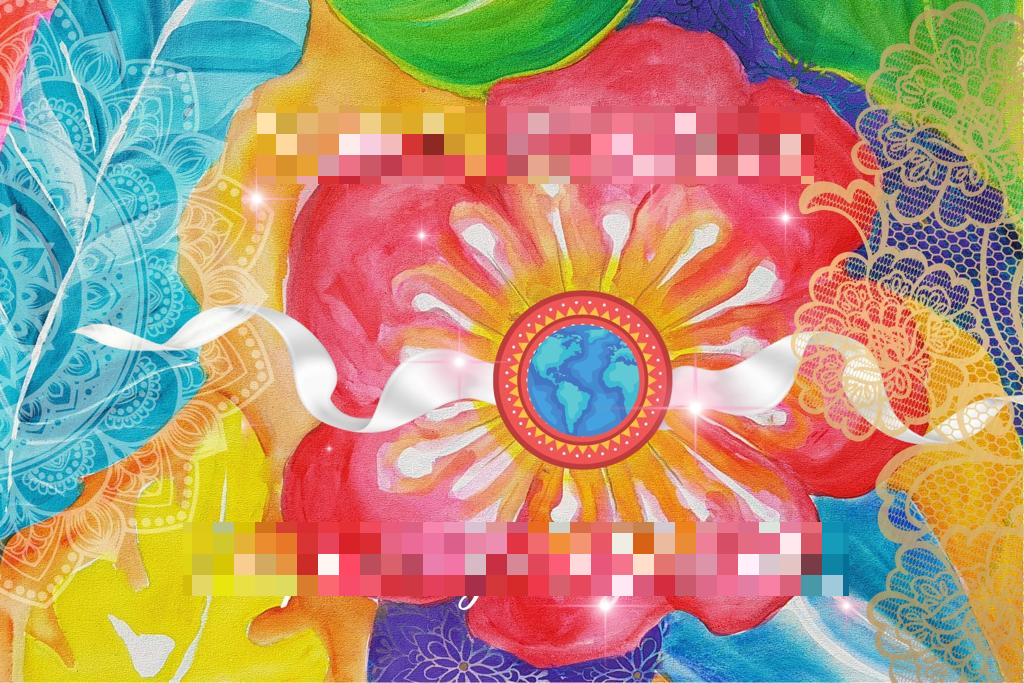
Raksha Bandhan Across Cultures
Though primarily rooted in Hinduism, Raksha Bandhan has found significance in various religions. Its universal appeal lies in the acknowledgment of love and kinship. In Jainism, temple priests tie rakhis on devotees, while Sikhism observes it as 'Rakhardi' or 'Rakhari'.


